In the vast tapestry of human civilization, there are cities that stand as living testaments to the enduring spirit of human ingenuity and resilience. From the banks of the Nile to the fertile plains of Mesopotamia, these ancient urban centers have witnessed the rise and fall of empires, the birth of great civilizations, and the passage of millennia. Join us as we embark on a journey through time to uncover the 11 oldest cities in the world, each with its own unique story to tell.
Jericho, West Bank:
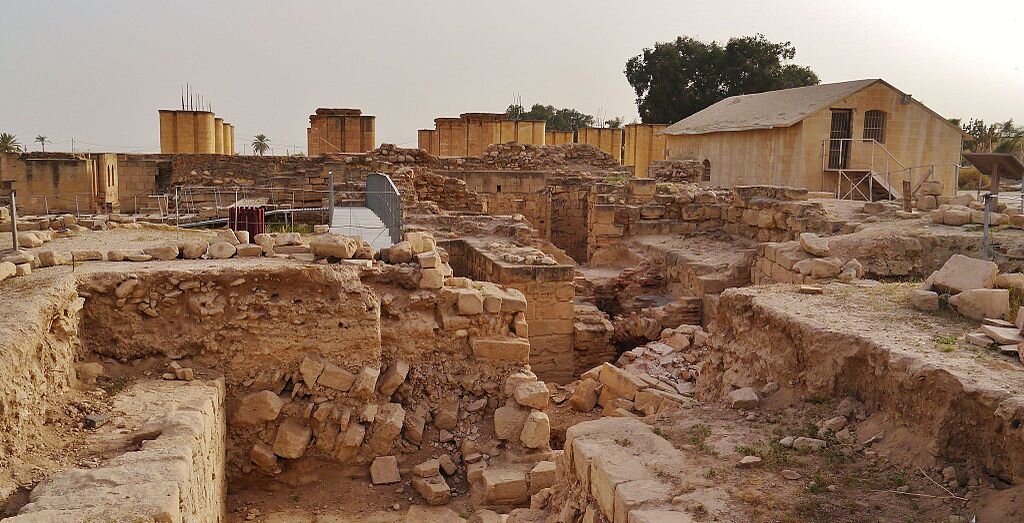
Located in the West Bank along the banks of the Jordan River, Jericho is often cited as one of the oldest continuously inhabited cities in the world, with a history dating back over 11,000 years. Archaeological evidence suggests that Jericho was first settled during the Pre-Pottery Neolithic A period, making it one of the earliest known urban centers in human history.
Damascus, Syria:
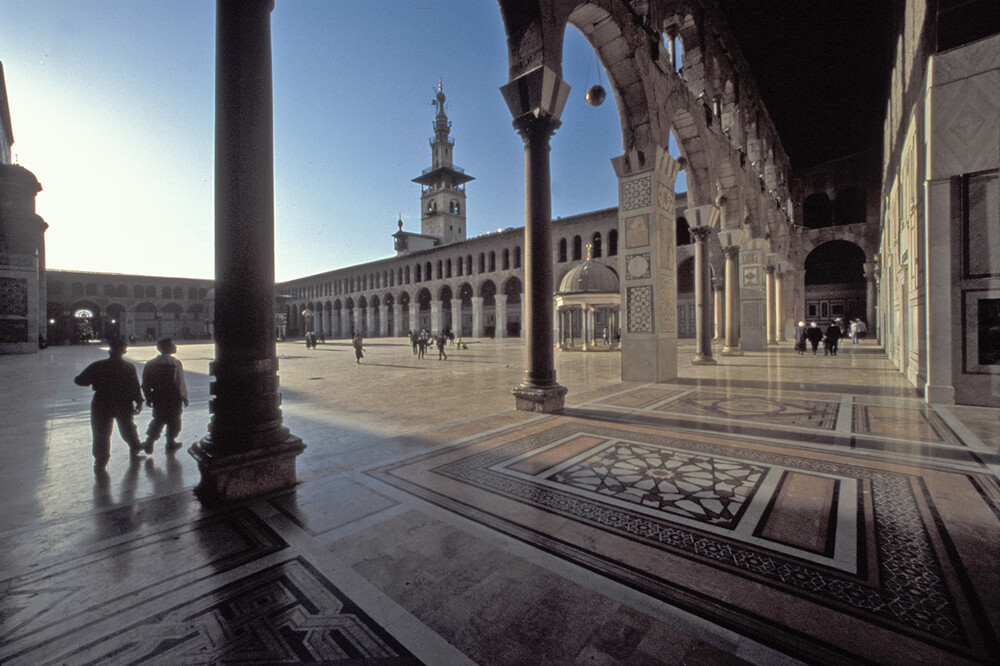
As one of the oldest continuously inhabited cities in the Middle East, Damascus boasts a rich history that spans over 11,000 years. Situated in the fertile plains of the Barada River, Damascus has served as a strategic crossroads for trade and commerce since ancient times. Its storied past is reflected in its architectural marvels, including the Umayyad Mosque and the Damascus Citadel.
Byblos, Lebanon:
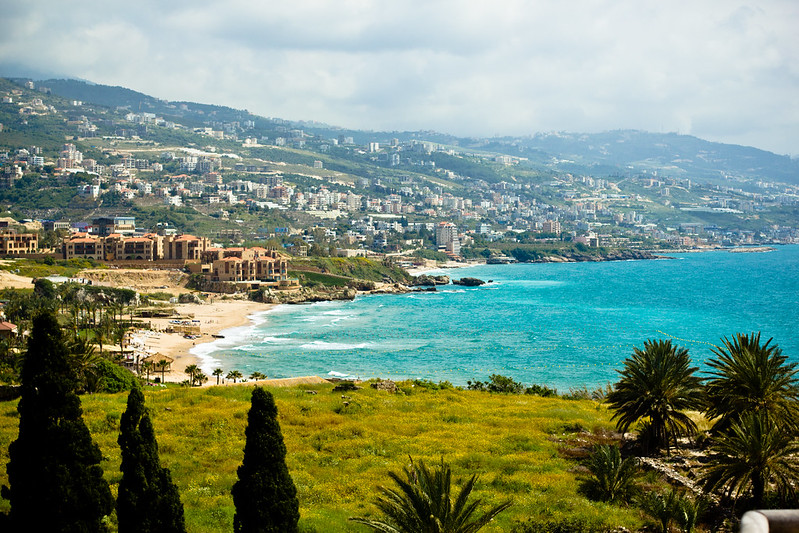
Byblos, located along the Mediterranean coast of modern-day Lebanon, is widely regarded as one of the oldest continuously inhabited cities in the world, with a history that stretches back over 7,000 years. Renowned for its ancient port and rich cultural heritage, Byblos was a flourishing center of trade and commerce in antiquity.
Aleppo, Syria:

With a history that spans over 8,000 years, Aleppo is one of the oldest continuously inhabited cities in the world and a UNESCO World Heritage Site. Situated along the ancient Silk Road, Aleppo was a thriving center of trade and commerce in antiquity. Its architectural treasures, including the Aleppo Citadel and Great Mosque of Aleppo, bear witness to its illustrious past.
Athens, Greece:
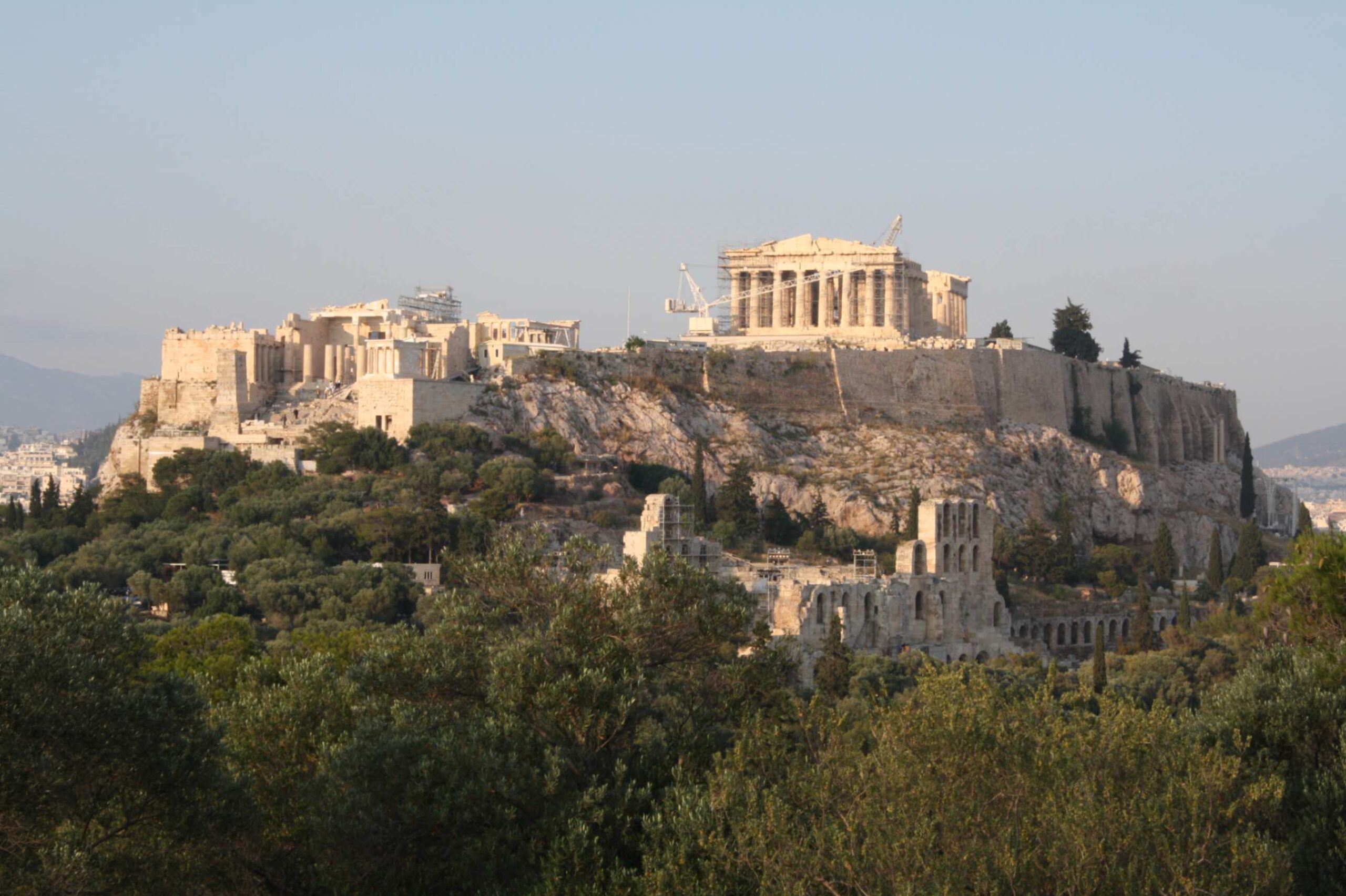
As the cradle of Western civilization, Athens holds a special place in the annals of history. With a history that dates back over 3,400 years, Athens is one of the oldest cities in Europe and the birthplace of democracy, philosophy, and the arts. Its iconic landmarks, including the Acropolis and Parthenon, stand as testaments to its glorious past.
Argos, Greece:
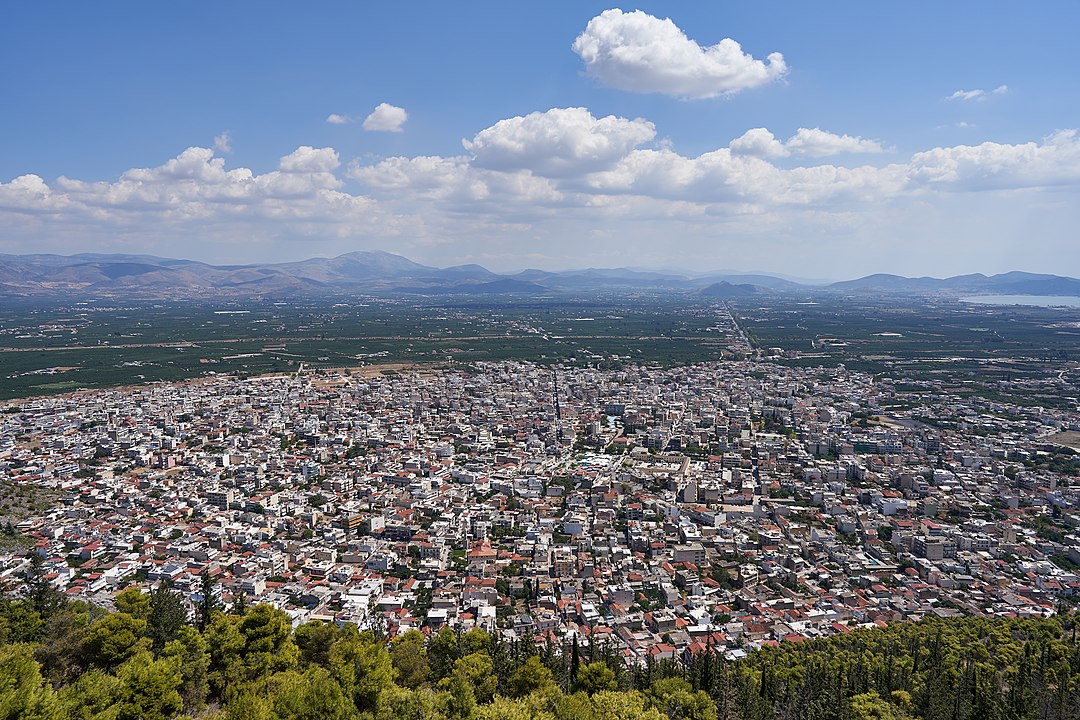
Located in the northeastern Peloponnese, Argos is one of the oldest continuously inhabited cities in Greece, with a history that dates back over 7,000 years. As a major center of Mycenaean civilization, Argos played a significant role in shaping ancient Greek culture and society.
Plovdiv, Bulgaria:
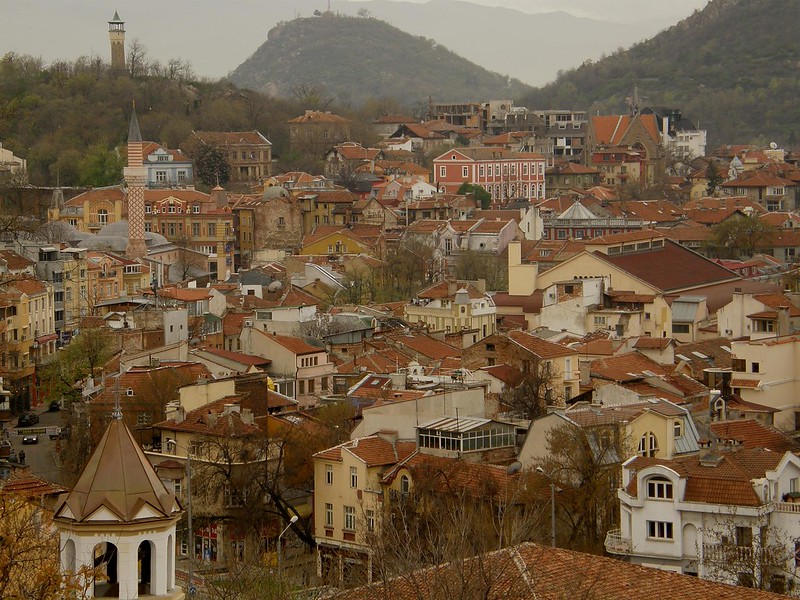
Plovdiv, situated in modern-day Bulgaria, is one of the oldest cities in Europe, with a history that spans over 6,000 years. Founded by the Thracians in antiquity, Plovdiv has been inhabited by various civilizations throughout its long history. Its well-preserved Old Town is a testament to its rich cultural heritage.
Sidon, Lebanon:
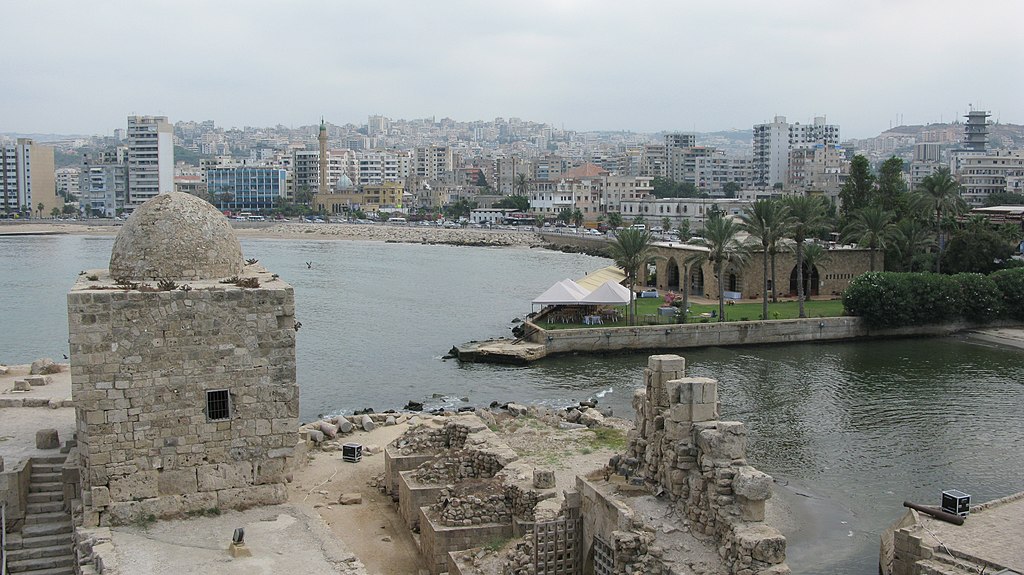
With a history that stretches back over 6,000 years, Sidon is one of the oldest cities in the world and a major Phoenician city in antiquity. Situated along the Mediterranean coast of modern-day Lebanon, Sidon was a key center of trade and commerce in the ancient world.
Luxor, Egypt:
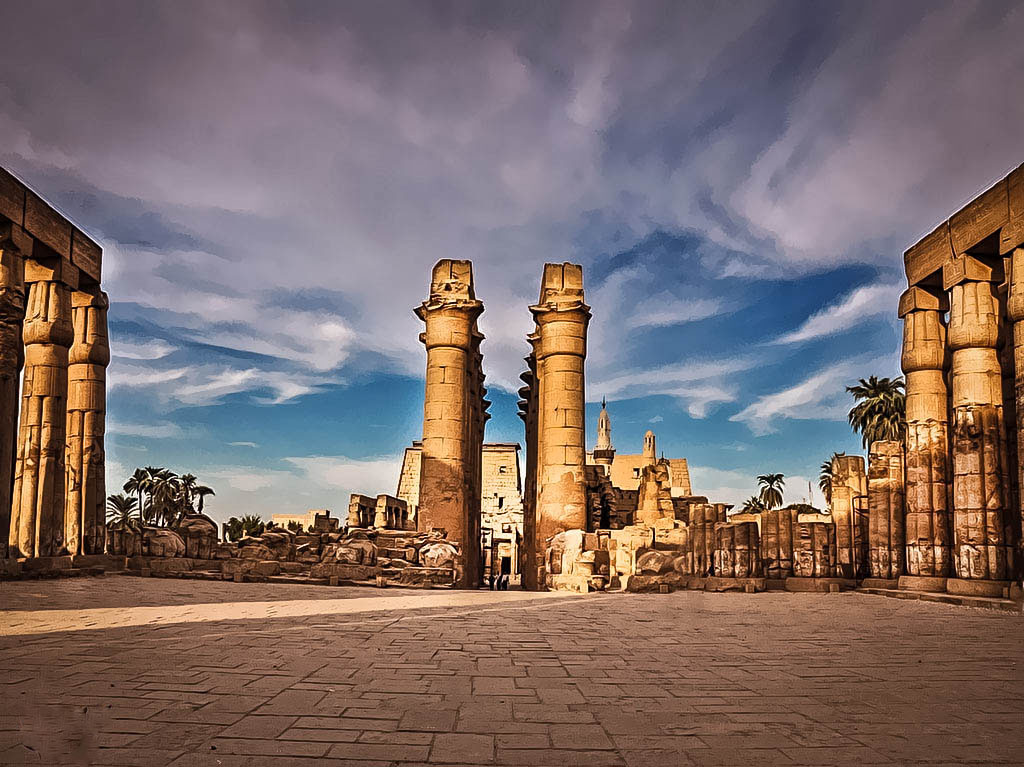
Located on the east bank of the Nile River in modern-day Egypt, Luxor is often referred to as the “world’s greatest open-air museum” due to its wealth of ancient ruins and monuments. With a history that dates back over 4,000 years, Luxor was the capital of ancient Egypt during the New Kingdom period. Its iconic landmarks, including the Karnak Temple Complex and the Valley of the Kings, attract millions of visitors each year.
Varanasi, India:
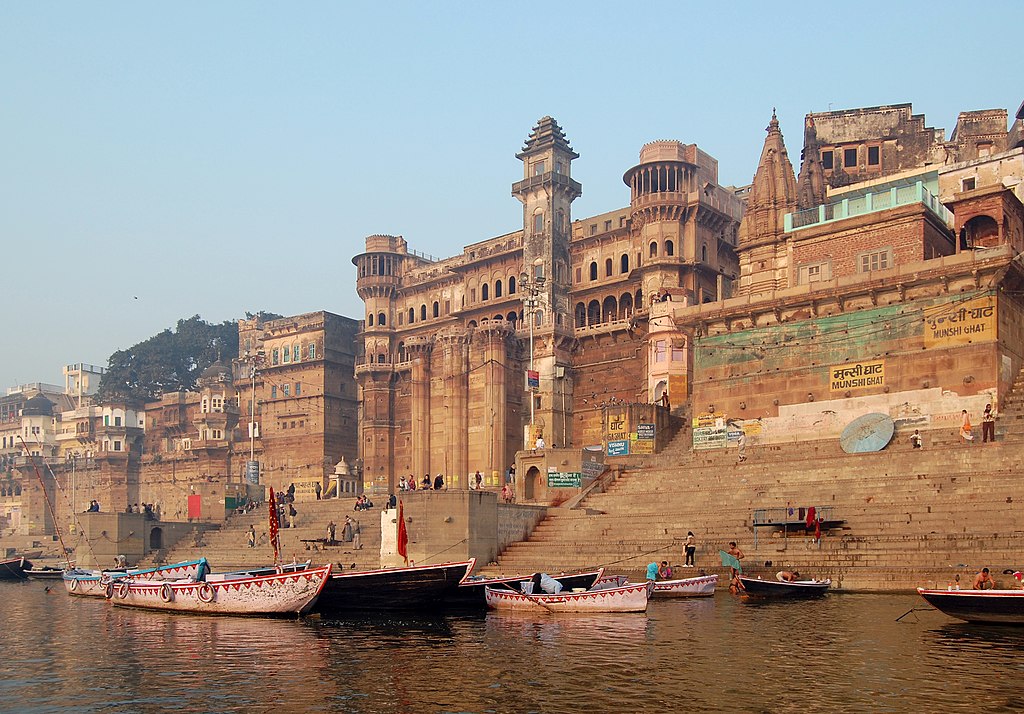
Varanasi, situated on the banks of the Ganges River in northern India, is one of the oldest continuously inhabited cities in the world, with a history that spans over 3,000 years. Considered one of the holiest cities in Hinduism, Varanasi is a major pilgrimage site and cultural hub. Its ghats, temples, and narrow alleyways offer a glimpse into India’s ancient past.
Gaziantep, Turkey:
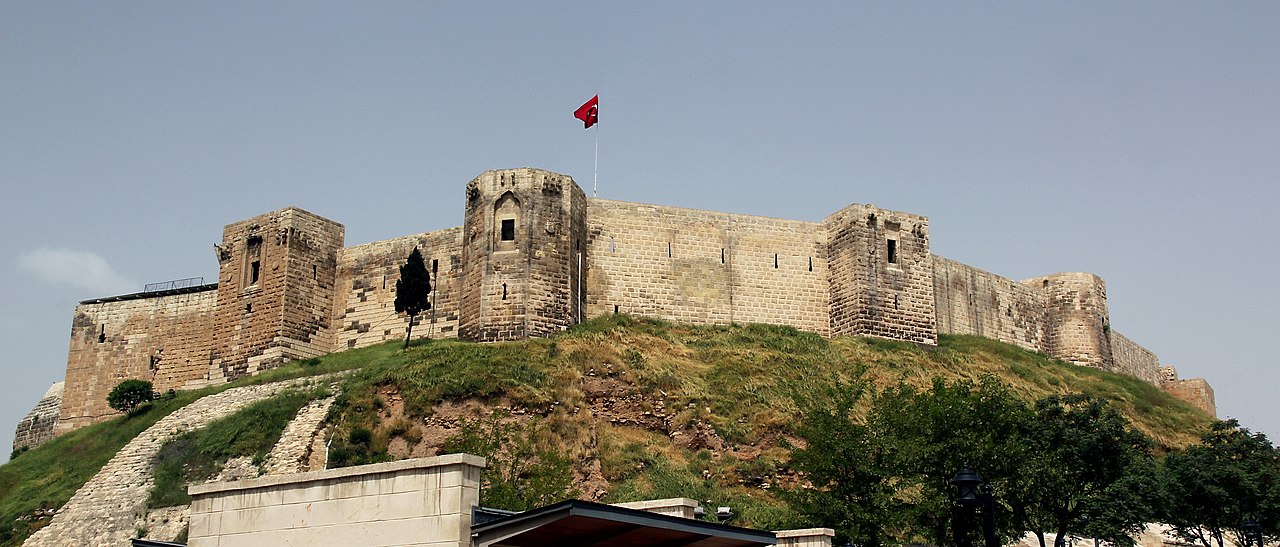
Gaziantep, located in southeastern Turkey, is one of the oldest continuously inhabited cities in the world, with a history that stretches back over 6,000 years. Known for its rich history and cultural heritage, Gaziantep boasts a wealth of archaeological sites, including the Zeugma Mosaic Museum and the Gaziantep Castle.
As we conclude our journey through the ancient origins of the oldest cities in the world, we are reminded of the rich tapestry of human history and the enduring legacy of our ancestors. From the banks of the Nile to the shores of the Mediterranean, these ancient urban centers continue to captivate our imagination and inspire awe with their storied pasts and enduring resilience. As guardians of our collective heritage, they serve as reminders of the timeless nature of human civilization and the enduring spirit of exploration and discovery.
Read about oldest literary texts here.